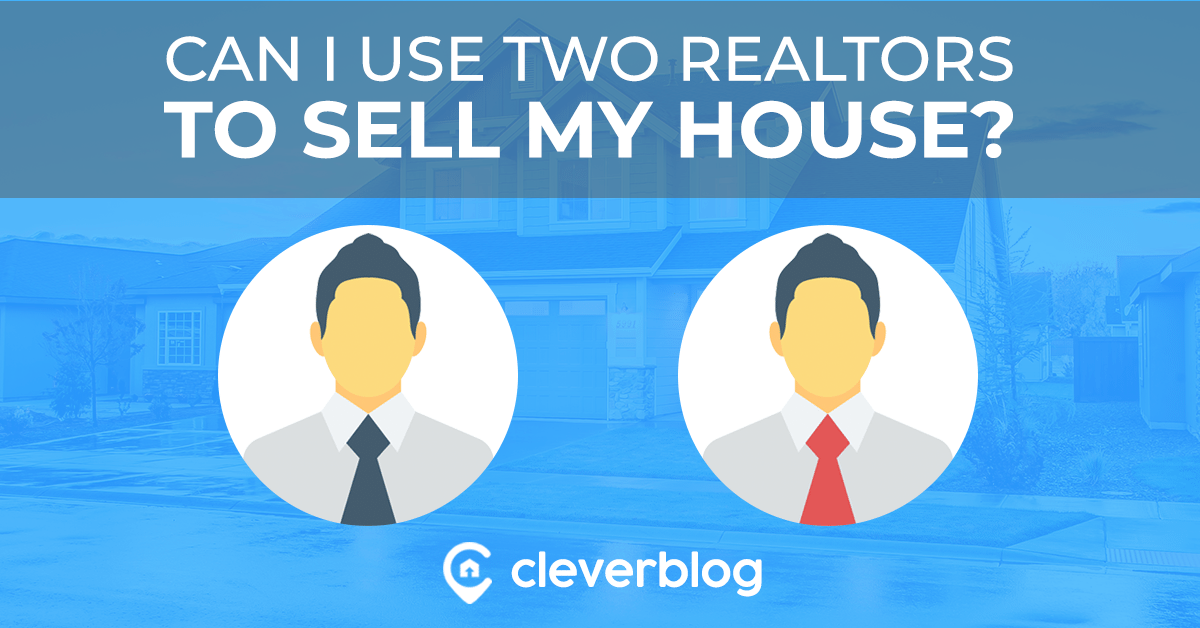
There are many factors to consider when looking for multi-family mortgage loans. These factors include the down payment, interest rate, and alternative financing options. This article will cover the down payments and rates applicable to these types loan. After you have all the details, you can choose the best mortgage loan to suit your needs.
Rates of multi family mortgage loan
Multi-family mortgage loans have a variety of factors that can influence their interest rates. These loans have higher reserve requirements than conventional loans. Multifamily loans come with a greater risk. This is why buyers should seek out a multifamily lender.
Traditional FHA mortgages allow borrowers to buy multifamily properties with up to four units. The program's benefits include a low down payment, and a lower interest rates. Other benefits include less stringent requirements and lower DTI.

Requirements for down payments
The down payment requirements for multifamily mortgage loans are different depending on what type of property. A multifamily property with three units may require a 20% downpayment, while a property with two units might only need a 5% downpayment. There are also different guidelines from different banks regarding the amount of down payment required to purchase multifamily property.
Although the down payment for multi-family properties requires a higher down payment than single-family houses, you can still get approved with low down payments. Some programs may require as low as five percent down; some lenders may even allow zero down. There are programs that let you borrow the down payment from a parent, relative, or friend to help finance a portion.
Requirements for interest rates
A multi-family mortgage loan is available to those who meet certain requirements. Pre-qualification refers to a review of your assets, income, credit score and credit history. To process a loan, most lenders will require a minimum score of 620.
Other financing options
Alternative financing is not without its challenges. There are a few challenges associated with alternative financing. These include limited documentation and a lack of data about the effectiveness of alternative funding. Also, there are wide variations between states regarding the types of alternative finance available. Lack of research can make it difficult for policymakers to evaluate the benefits and risks of alternative financing.

Private equity, debt funding, and online marketplaces offer alternative financing options for multifamily mortgage loan requirements. Private equity funds are frequently used to finance commercial realty deals. These funds pool capital from many investors and offer debt or equity financing to borrowers. This type is not the best option for all situations, so it's important to do your research.
FAQ
What are the top three factors in buying a home?
The three main factors in any home purchase are location, price, size. Location is the location you choose to live. Price refers how much you're willing or able to pay to purchase the property. Size refers the area you need.
How long does it take for a mortgage to be approved?
It is dependent on many factors, such as your credit score and income level. It takes approximately 30 days to get a mortgage approved.
What are the cons of a fixed-rate mortgage
Fixed-rate mortgages tend to have higher initial costs than adjustable rate mortgages. Also, if you decide to sell your home before the end of the term, you may face a steep loss due to the difference between the sale price and the outstanding balance.
Statistics
- When it came to buying a home in 2015, experts predicted that mortgage rates would surpass five percent, yet interest rates remained below four percent. (fortunebuilders.com)
- Private mortgage insurance may be required for conventional loans when the borrower puts less than 20% down.4 FHA loans are mortgage loans issued by private lenders and backed by the federal government. (investopedia.com)
- This means that all of your housing-related expenses each month do not exceed 43% of your monthly income. (fortunebuilders.com)
- The FHA sets its desirable debt-to-income ratio at 43%. (fortunebuilders.com)
- Over the past year, mortgage rates have hovered between 3.9 and 4.5 percent—a less significant increase. (fortunebuilders.com)
External Links
How To
How to Find Real Estate Agents
Agents play an important role in the real-estate market. They can sell properties and homes as well as provide property management and legal advice. A good real estate agent should have extensive knowledge in their field and excellent communication skills. Online reviews are a great way to find qualified professionals. You can also ask family and friends for recommendations. A local realtor may be able to help you with your needs.
Realtors work with residential property sellers and buyers. A realtor's job is to help clients buy or sell their homes. In addition to helping clients find the perfect house, realtors also assist with negotiating contracts, managing inspections, and coordinating closing costs. Most realtors charge a commission fee based on the sale price of the property. Unless the transaction closes however, there are some realtors who don't charge a commission fee.
The National Association of Realtors(r), or NAR, offers several types of agents. Licensed realtors must pass a test and pay fees to become members of NAR. Certification is a requirement for all realtors. They must take a course, pass an exam and complete the required paperwork. NAR recognizes professionals as accredited realtors who have met certain standards.